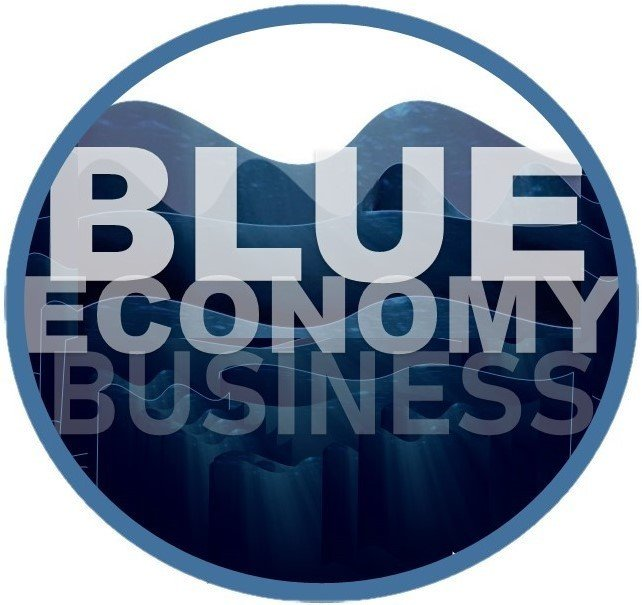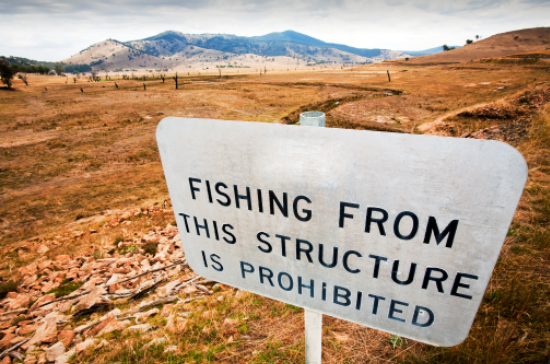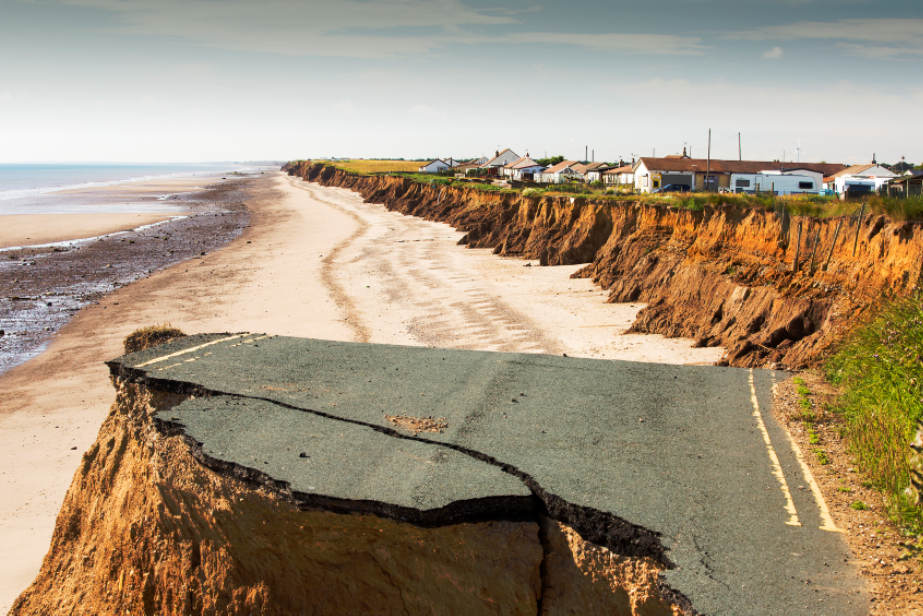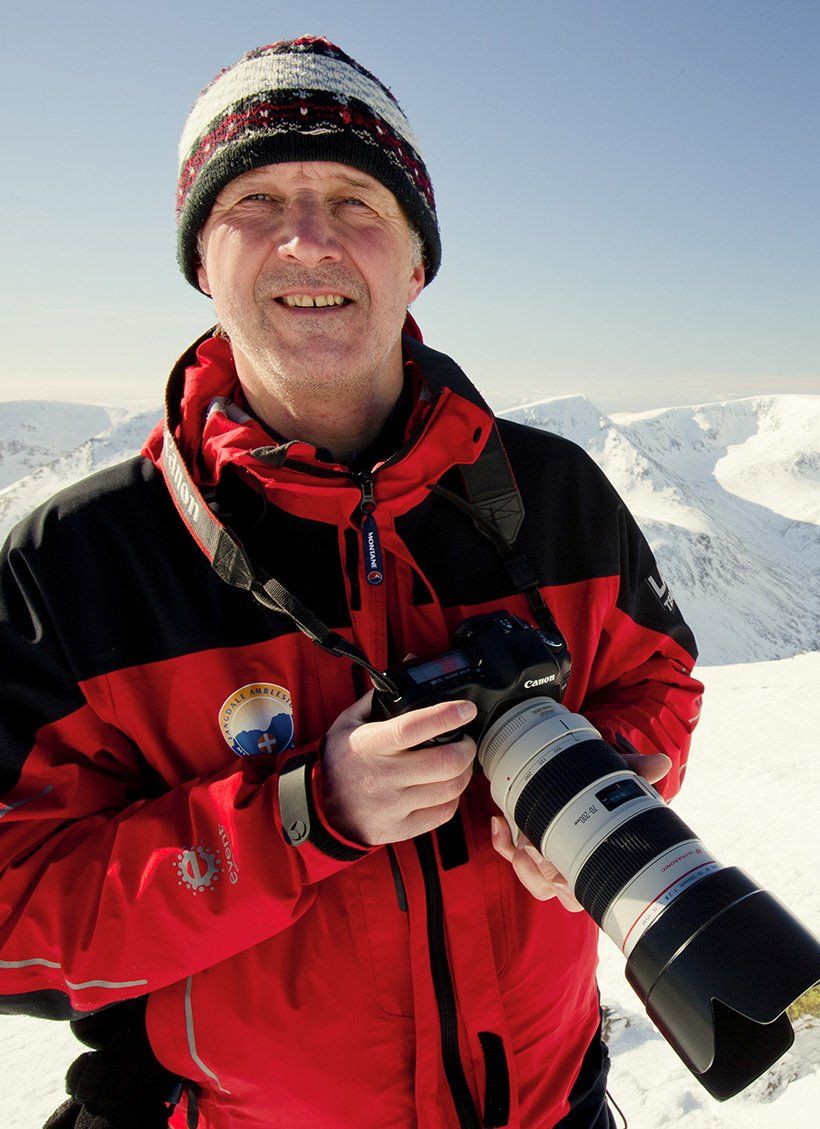REVIEW: Images from a Warming Planet
IMAGES FROM A WARMING PLANET
by Ashley Cooper
A review from Blue Economy Business
As Jonathan Porritt says in his foreword, change could be the challenge people don’t like facing.
To quote Toncredi, a character in The Leopard
who is facing the decline of his empire, “for everything to stay the same, everything must change".
If you’re a fishing company, the latest fish stock data must cause you to wonder what you’ll be calling yourself when the fishing stops. Don’t panic, though, because your business dynasty doesn’t have to fade away. Prescient businesses with access to the carbon-cutting tools of regulation, risk and customer satisfaction wielded by their own stakeholders have found ways to diversify and reinvent their operations and brands ready for a blue economic future. Fortunately, such a sustainable shift in business attitude means the future may look brighter - just not illuminated by fossil-fuels or driven by diesel.
Sustainability for a business future
So, with the Ocean industry on target to miss Sustainable Development Goal 14 targets, it needs to wake up to the fact that change is a necessity. What is certain, is that companies which cling to outdated business practices won’t be able to compete with those with the foresight to adapt. Those that do will rewrite the business models, capture market, improve efficiencies and extend longevity. That means sustainability for a business future, not green-leaf-logo-sticker sloganeering which will peel off after a few washes by the regulators.
If there’s one thing that studying fish should tell you, though, it’s that you do this together and swim with the school because it’s easier to make progress following the leaders and collaborating to overcome challenges by sharing experience. However, with eighty percent of ocean plastic waste originating from land sources (according to a WWF report), it seems foolish to ask land-based businesses for leadership tips and solutions when you know it’s inevitably going to fall to those nice people with the boat to clear it up. This is what makes initiatives led by the ocean industry itself so important for ocean businesses and stakeholders.
The wounds of climate change
Henri Cartier-Bresson, the great photographer, commented of Ansel Adams and Edward Weston: “the World is falling to pieces and all Adams and Weston photograph is rocks and trees”. Yet, “rocks and trees” are the abused building blocks of our planet’s ecology which now bear the wounds of climate change and unsustainable practices.
Our urban lives remove us from experiencing the most spectacular effects of climate change. The elements of earth, wind, fire and water are delivered by utility companies and our food is foraged from Uber. We can turn up our heating in winter without a thought as to where the electricity comes from because our coddled lives are so detached from raw nature. The danger that increasing carbon dioxide brings to our existence is not sufficiently clear and present. But when you’re running a business which comes up against the stark effects of climate change, it focuses the mind acutely on the problem. If you’re responsible for contributing to the problem you might decide it’s time to start reducing your contributions. More likely, you need to start planning how you’re going to deal with operating in an environment that is permanently changed.
If businesses are in any doubt
Only when we travel outside our conurbations can we experience nature’s tooth and claw reality and appreciate the finger-in-the-wound proof that things have changed and we don’t like it. Look at the mess we’ve made. If businesses are in any doubt about why change is necessary, photographer and journalist, Ashley Cooper’s “Images from a Warming Planet” carries a real and symbolic message for them.
Unsustainable business practices should no longer acceptable to our eyes or sensibilities anymore than those of investors and regulators.
Cooper’s award-winning project started in 2003 and took 14 years. His aim was to document the impact of climate change on every continent. By providing explanatory notes for context about people and the environment affected by climate change, he beautifully places cause and effect in the same frame together.
They are striving to change what they cannot accept
Another central theme is survival and coping with change. Businesses are facing the same challenges: environmental degradation, adverse weather, increasing competition, shrinking resources and the need for more cost-saving strategies. It’s not just about how unsustainable practices impact the environment. There should be more realisation that climate change is a threat to business. While ships flounder under deadly weather conditions, businesses must recognise that greater resilience is required to exist in a world increasingly affected by climate change.
I shared a copy of Cooper’s book with my daughter. She didn’t just flick through it like she normally would. She took it to school. This generation of children understand that their survival and futures are at stake and it’s time to change. They are not simply going to sit back and accept what they are being told they cannot change. They are striving to change what they cannot accept. And they go on strike.
Ocean industries face the impact of glacial melt, acidification and whatever the land discards. We have treated the ocean with the kind of contempt we would never treat land because their size, remoteness and hidden depths, means that regulation is negligible. With the availability of books like this, a lack of awareness is not an excuse. Every corporate reception coffee table should have one, to let visitors know what kind of company they keep and what they are doing about their future.






















